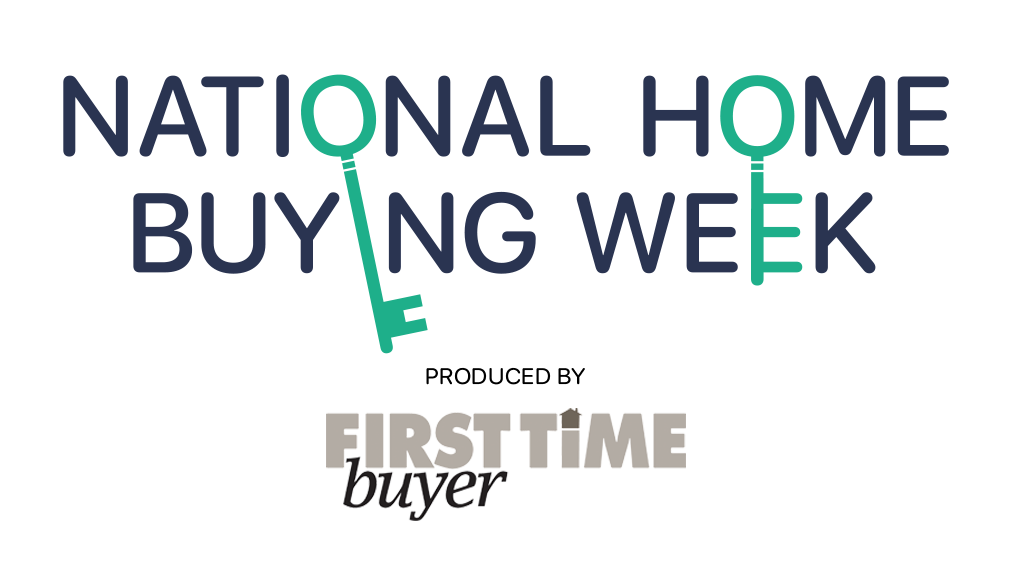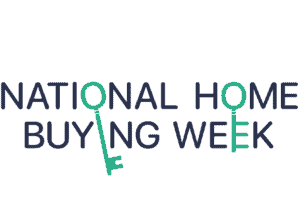Experian is the world’s leading global information services company. During life’s big moments – from buying a home or a car, to sending a child to college, to growing a business by connecting with new customers – we empower consumers and our clients to manage their data with confidence.
Whether you’re buying your first home, moving house, or looking to re-mortgage, it’s important to know your credit score. Our score is the UK’s most trusted, it’s free, and you can check it whenever you like without affecting it. We can also help you compare mortgages and work out how much you could borrow. Your mortgage needs are unique to you, and so is your credit history – we’ve got the data to help find the ones you’re eligible for. We’re here to help people feel more confident with their money. To give them easy access to the financial help and products that are there for them.
We think building financial confidence can make a real difference to people’s lives, and their family’s lives too.

7 Tips to Boost Your Credit Score
James Jones, Head of Consumer Affairs at Experian
Your credit score is important. The higher your score, the better your chances of being accepted for credit at the best rates. It can influence your ability to get things like credit cards, loans and mortgages. James Jones, Head of Consumer Affairs at Experian, shares his top tips on how to boost your score to help support your financial goals.
Buying your first home is an exciting process that brings with it a host of emotions. From the excitement of viewing properties and imagining your belongings in that space, to the butterflies that you feel submitting an offer and the anxiousness of waiting for a response from the estate agent. There’s nothing more exhilarating than your offer being accepted and securing your interest in a property. But that excitement could be short-lived and soon turn to disappointment if the mortgage lender refuses your application because of a poor credit score or being unable to borrow the full loan amount you need.
This is the story for almost two-thirds of first-time buyers. Only a third of first-time buyers were able to get a mortgage on their first attempt last year. A poor credit history was one of the most common reasons for a mortgage application refusal. Affordability and past financial history is another common reason, with one in five being turned down because of large debts.*
That’s why it is important to review your credit report and score months before you start your new home search and take time to get your finances in the best possible health.
What is your credit score?
Your credit score is a three-digit number that summarises your creditworthiness and helps lenders determine the likelihood that you will repay a debt as agreed.
Your Experian Credit Score is represented as a number from 0 – 999, where 999 is the best possible score. The score is calculated using information on your financial behaviours taken from the last six years of your credit history, which you can find in your credit report.
Lenders use your credit report and score as a way of predicting whether you’re likely to meet future payments, based on how you’ve managed payments in the past. Your score and credit report help them decide which customers to accept, how much to lend, and what interest rates to charge. As a result, the better your score, the more likely you are to be accepted for a wide range of accounts and on the best terms.
A high credit score will help you qualify for credit and help you secure the best ‘headline’ deals, potentially saving you £s. This is because not everyone gets the cheapest advertised interest rate.
Our research suggests that improving your Experian credit score by one Experian score band could see the APRs available to you fall by at least 2% on average.
So, if someone improves their Experian Credit Score from Poor to Fair, we estimate that they could save an average of £381 on a 4-year loan of £6,000, as they would likely be paying a lower interest rate.
Around 30% of Experian customers have an ‘Excellent’ score. You can regularly check your score for free on the Experian website.
Experian Credit Score Experian’s guide score is based on how many lenders calculate scores. Experian scores run on a scale of 0-999 and are broken down into five score bands:
Experian Credit Score Bands
Very Poor 0 - 560
Poor 561 – 720
Fair 721 - 880
Good 881 - 960
Excellent 961 – 999
Boost your score
If your credit score isn’t quite where you would like it, there are a few simple things you may be able to do to improve it, sometimes with instant results.
First and foremost, we have Experian Boost, an exclusive free service from Experian that can instantly increase your Experian Credit Score by up to 101 points. To access this service, all you need to do is connect your bank account to your Experian account. We then scan you bank account for an up-to-date view of how you manage your money and calculate if we can give your credit score a boost.
When scanning your account, we look for regular everyday transactions, such as council tax payments, Netflix and Spotify subscriptions, which we believe supports proving your ability to meet regular financial agreements. Financial information such as council tax payments and streaming subscriptions have never been factored into mainstream credit scores before. We want to help as many people as possible to take control of their credit scores and improve their financial health, which is especially important during these challenging times. We believe our new service will help a large number of people gain access to the credit they need and can afford to repay, at a time when so many people’s finances are under pressure.
Six other ways to boost your credit score
1. Build a positive track record. Use some credit, stay within credit limits and never miss a repayment - setting up Direct Debits can help. If your credit history is a little sparse, getting your name onto the household bills can help as many utility and telecoms providers now contribute information to credit reference agencies.
2. Don’t max out your credit cards. Ideally, keep balances below 30% of the credit limit on each account if you can. You don’t want to appear over-reliant on borrowing.
3. Limit and space out new credit applications. You want to avoid looking needy or giving the impression that other lenders are turning you away. Shop around but only apply once you have found the right deal for you.
4. Use a credit eligibility service such as on the Experian website, to check if you’re likely to be accepted before you apply. If you do have an application refused, find out why before trying again. There is a pathfinder guide on the Experian website to help with this.
5. Register to vote. This can give your credit score a small but helpful boost, and it helps identity checks too.
6. De-link your credit report from your ex-partner’s. If you’ve had joint credit in the past with someone, your credit reports will be linked together. If you are no longer a couple and your finances are now separate, tell the credit reference agencies (Experian, Equifax and TransUnion) so they can break the link or you.


